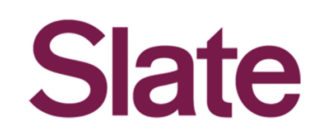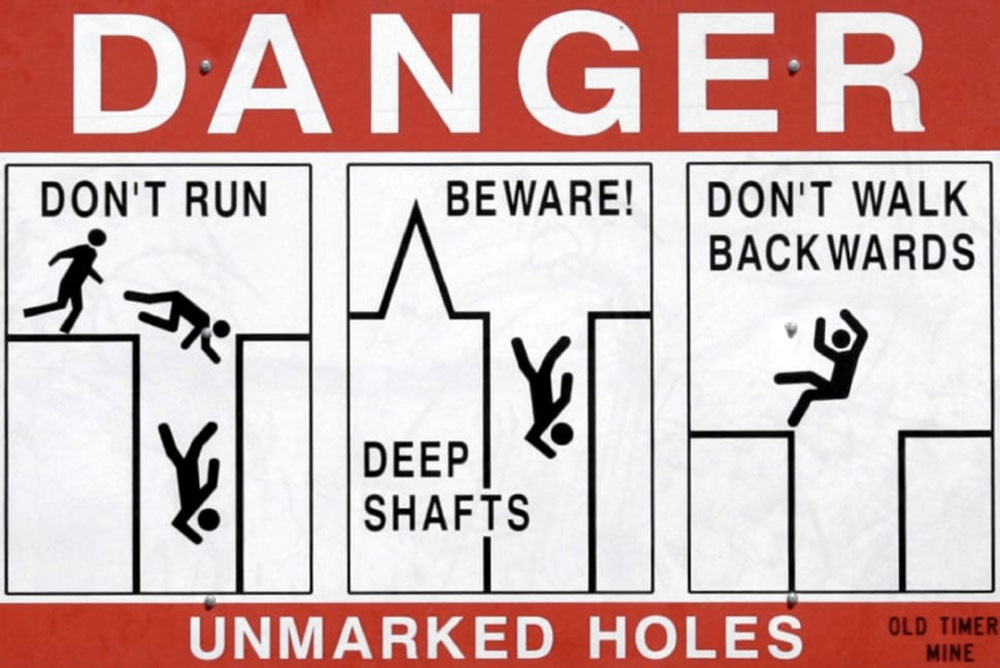August 19, 2011| EncTODAY | In much of the public discourse about nonprofits, it seems like the primary value attached to nonprofits is in their role as human-service providers. These safety-net nonprofits are have become focal points for issues such as the impact of reduced public funding.
But some nonprofit functions are typically not covered by government contracts and grants, and unfortunately they are also undervalued by charitable and philanthropic donors. One in particular is the “watchdog” function: the process of studying, exposing and critiquing misbehavior in government and business circles (and sometimes in nonprofit circles as well).
Yesterday, NPQ Newswire relied on the diligent investigative work of NC Policy Watch to reveal the shady nonprofit operations of a state legislator who ran two government-funded nonprofits as personal fiefdoms. Here are five more examples of nonprofits serving as watchdogs that have emerged in just the last week:
Sign up for our free newsletters
Subscribe to NPQ's newsletters to have our top stories delivered directly to your inbox.
By signing up, you agree to our privacy policy and terms of use, and to receive messages from NPQ and our partners.
- The Montana Policy Institute is suing the State of Montana for release of information about state employee pay records.
- Californians Aware isn’t letting the St. Helena City Council off the hook for its repeated alleged violations of the state’s open meetings law.
- The Wisconsin Democracy Campaign reports that in the nine recent state Senate recall elections held in Wisconsin, candidates and special interests spent between $35 and $40 million, the equivalent of $45 to $52 for each of the 769,000 votes cast.
- California Common Sense at Stanford University just released a study showing that California Assembly members spend taxpayer money at levels far in excess of the amounts specified in their official office budgets.
- At the federal level, the always-excellent Project on Government Oversight (POGO) was recently able to prompt a Defense Department Inspector General’s audit of the contracting process used by the Pentagon’s Defense Advanced Research Projects Agency.
These are critically important public services, providing information to voters that governments and businesses are generally reluctant to reveal unless prodded, poked, embarrassed, or sued. The reports these groups issue aren’t stupid or inconsequential. But one can be assured that their actions are routinely condemned as “political vendettas” by the political and corporate targets of their investigations, even though these nonprofit watchdogs are all nonpartisan.
Nonprofit and foundation leaders might want to remember to support and promote the watchdog function of the nonprofit sector, even if sometimes their influential friends and funders are targets. The existence of nonprofit watchdogs strengthens American democracy.—Rick Cohen












